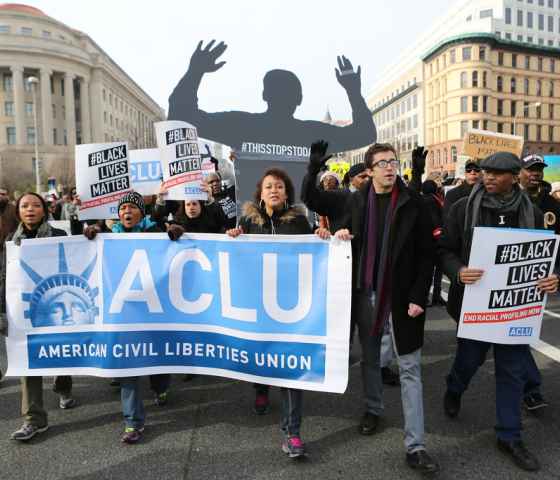This legislative session, Mississippi lawmakers are considering whether or not to adopt HB 586: a bill that is said to protect the vote by comparing a state registry against other identification databases across the country, purging those deemed non-citizens from the electoral roll. Without a doubt, the right to vote and the sanctity of our elections are amongst the most fundamental values in this and any other liberal democracy. It is precisely because we are so committed to defending these values that we must oppose this proposed law. HB 586 does not protect citizens’ votes—it purges them.
HB 586 is an attack on democracy.
Should HB 586 become law, the Mississippi Secretary of State would crosscheck the existing state database of voter registration information against an undefined scope of other identification databases, searching for any “evidence” than a registered voter is not a citizen. If this process flags a registered voter as potentially ineligible, that person will receive a notice of 30 days to produce documentary proof of citizenship (DPOC)—otherwise, they will be purged from Mississippi’s electoral roll and denied access to their right to vote.
HB 586 would introduce numerous complications to Mississippi’s voting processes. Chronic inaccuracies and insecurities amongst government databases could cause immeasurable trouble for registered voters as well as the administrators responsible for operating this system. Further, HB 586 does not include any specification as to what constitutes sufficient evidence of non-citizenship. As we’ve seen in other jurisdictions, an eligible voter might be targeted simply because databases have not yet updated that person’s change in title, address, or citizenship status. Others may be targeted because of their race or the origin of their name.
While some Mississippians might find a request for DPOC to be a minor inconvenience, this same requirement would foreseeably impose a tremendous burden on the low-income members of our common electoral community. High fees may prevent many Mississippians from producing a birth certificate, passport, or naturalization documentation in 30 days. The cost to apply for a passport book, for example, includes a $110 application fee and $35 acceptance fee, in addition to the $60 expedited service fee that a 30-day notice would ultimately require. This burden mirrors Jim Crow-era poll taxes that our democracy collectively rejected with the 24th Amendment and subsequent case law. We know that any obstacle to voting guarantees that some eligible voters will get left behind. As one Texas voter explained in response to a similar law: “You’re going to put the money where you feel the need is most urgent…We couldn’t eat the birth certificate, and we couldn’t pay rent with the birth certificate.”
Mississippi has the highest poverty rate and one of the lowest voter turnout rates in the country. In defense of our state’s democracy, the time to fight for an expansion of eligible Mississippians’ access to their voting rights is now. HB 586 undeniably fails to rise to this challenge
HB 586 is an attack on immigrants.
DPOC laws are harmful to all who live within the affected jurisdictions, regardless of their individual registration status. That being said, immigrants and communities of color are disproportionately purged as a result of these laws, contradicting our democratic values and violating citizens’ rights to equal treatment under the law. When the Texas database system was in place, for example, Asian Americans and Hispanics—the populations that are most represented amongst immigrants in Mississippi—were more than six times more likely to be affected than were white voters. The judge who ultimately struck down that program remarked, “No native born Americans were subjected to such treatment.” There is no reason why we should expect more from HB 586, which would impose the same challenges and vulnerabilities onto citizens and rights-holding Mississippians.
Our country is diverse, and our government is designed to accommodate that diversity by ensuring that communities have politicians in office to advocate on behalf of their interests. And yet, Mississippi has few to no immigrant legislators, compared to the over-70,000 immigrants who call this state home. There are many reasons behind this dramatic lack of proportionate representation, including a costly and complicated path to citizenship that denies voting rights to immigrants who have lived in the United States for decades. But these factors do not discount the sizable and fast-growing population of voting-eligible immigrants. The Pew Research Center reports that 1 in 10 eligible voters are immigrants; however, the turnout rate for eligible immigrant voters is far lower than it is for US-born voters (54% to 62%, respectively). Behind this difference are laws like HB 586 that exploit xenophobia and administrative deficiencies in order to justify blocking immigrants from their right to vote.
* * *
A study of electoral fraud by non-citizens found that “the rate of non-citizen voting in the United States is likely 0.” It is obvious that HB 586 is little more than an anti-democratic and discriminatory solution to a problem that does not exist. For these reasons, we reject HB 586 and urge Mississippi lawmakers to do the same.
